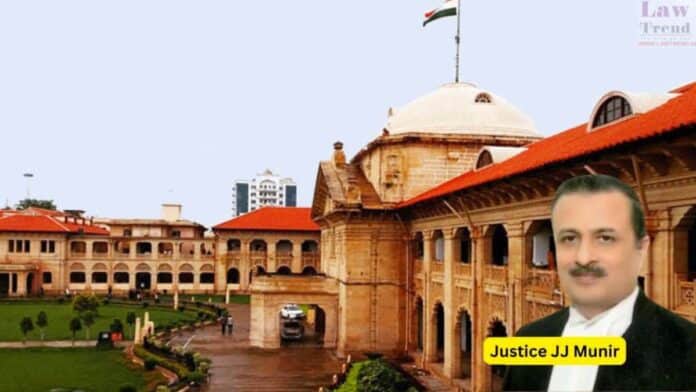The Allahabad High Court has expressed serious concern over the growing trend of litigants making scandalous allegations against judges and judicial officers, attributing it to the judiciary’s increasing reluctance to invoke its contempt powers. In a strongly worded judgment delivered by Justice J.J. Munir in Writ – B No. 1570 of 2025 (Jai Singh vs
To Read More Please Subscribe to VIP Membership for Unlimited Access to All the Articles, Download Available Copies of Judgments/Order, Acess to Central/State Bare Acts, Advertisement Free Content, Access to More than 4000 Legal Drafts( Readymade Editable Formats of Suits, Petitions, Writs, Legal Notices, Divorce Petitions, 138 Notices, Bail Applications etc.) in Hindi and English.




